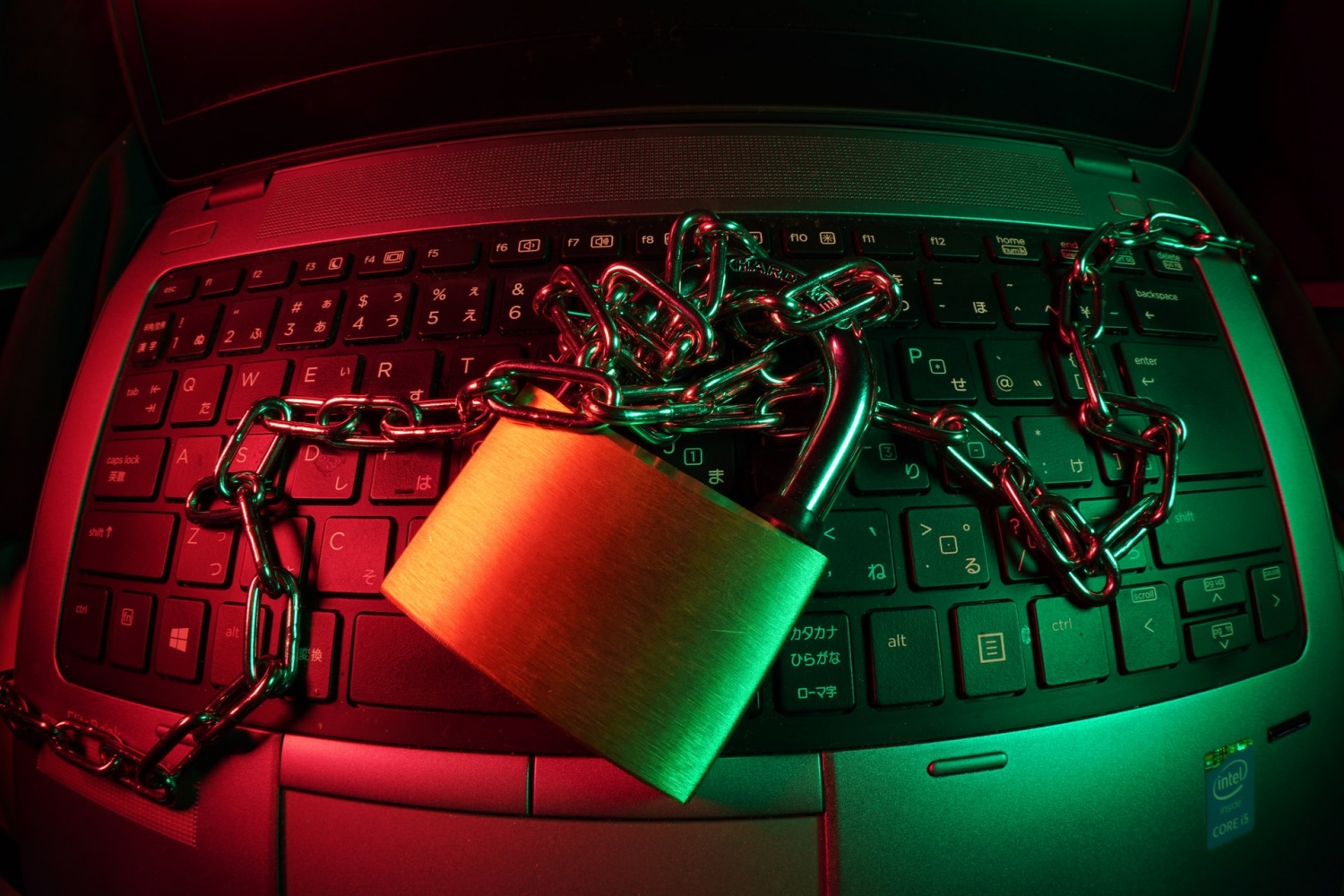
The digitally boosted world we live in today, with all the conveniences of the internet and the advancement of our smartphones, has made more and more people carry out their everyday tasks online. People pay bills online, shop online, play games, and indulge in video chats online with loved ones, family, and friends they can't see very often.
However, sharing your personal information and data online can make you fall victim to cybercriminals when carrying out all these tasks. These ghastly cybercriminals harbor an entire army composed of connected bots and can infect your devices through the network.
Such internet bots can even hijack your password-protected devices like cameras, phones, smart devices at home, and routers. They often carry out DDoS and spam attacks. Since most people connect to public WiFis via their smartphones, they expose themselves to data breaches where hackers enter and steal sensitive and personal information of users like names, emails, passwords, bank account information, other financial information, addresses, and more.
Why is this dangerous? Simply because hackers may and can steal your identity this way and every other info related to you. After that, they can sell your profile/identity through the darknet, abuse your health information, and more. To prevent this hazard, read our tips on protecting yourself from such attacks.
How to protect ourselves from cyber attacks in three easy steps
The first step to properly preventing cyber attacks is undoubtedly a penetration test. After you complete all the tests and discover how vulnerable you are to data breaches, you can implement the following three (easily implementable) procedures:
1. Regular software updates and data breach check-ups
You should regularly check for software updates of your operating system, which will further enhance and update your internet security. Additionally, you can do a monthly check-up for data breaches and prevent them from happening.
2. Implementation of a VPN
VPNs can mask your IP and can act as an additional layer of protection between the server of any third-party website you visit and the server of your PC. With a VPN, you'll be safe from hackers who want to steal your information and abuse it.
3. Watching what you share on social media and creating strong passwords
Whatever you share publicly on social media is up for grabs for anyone. Therefore, make sure you don't share personal information on Facebook, Instagram, etc. Moreover, always set aside time to create unique and strong passwords for your online accounts.
* This is a contributed article and this content does not necessarily represent the views of techtimes.com









